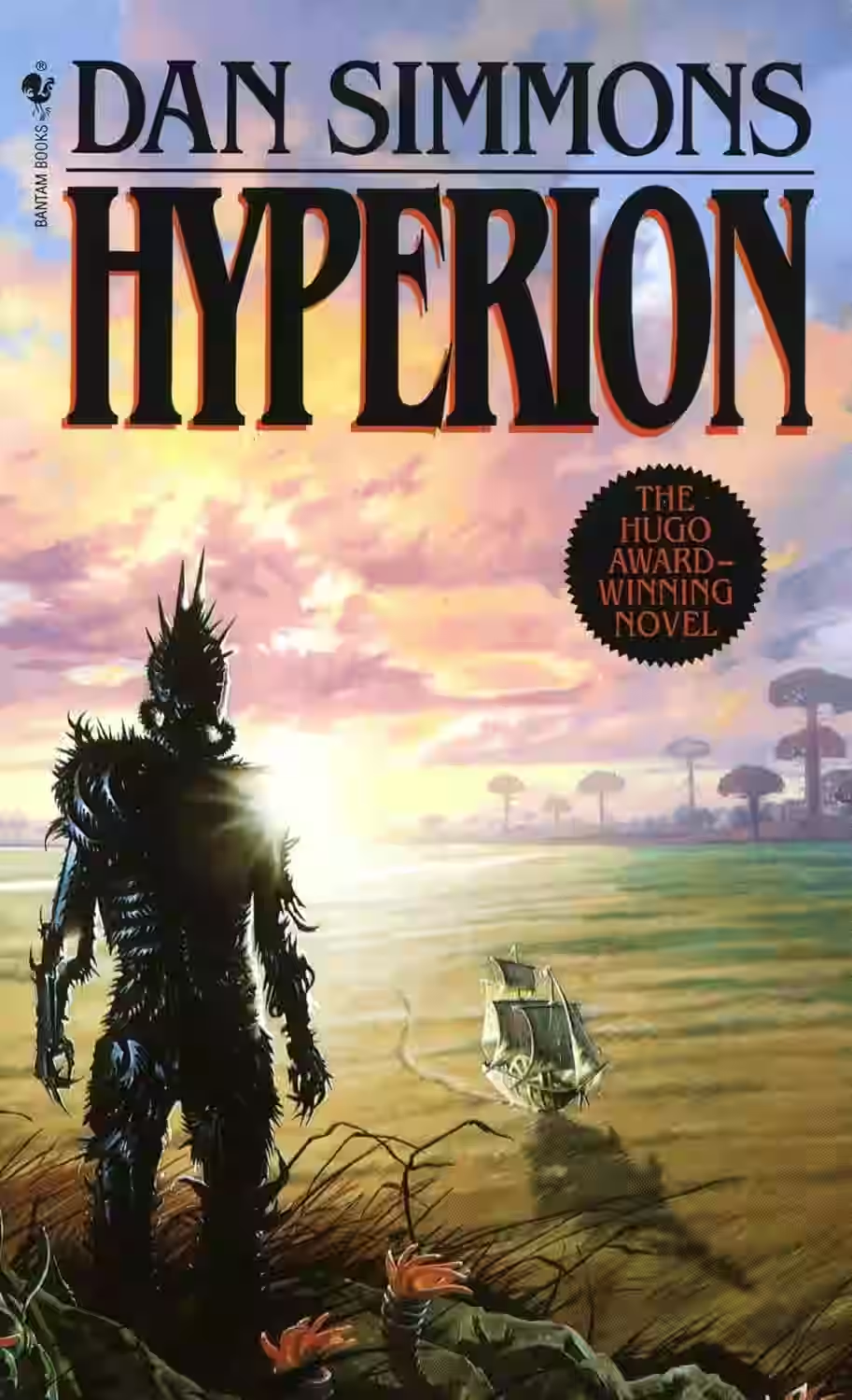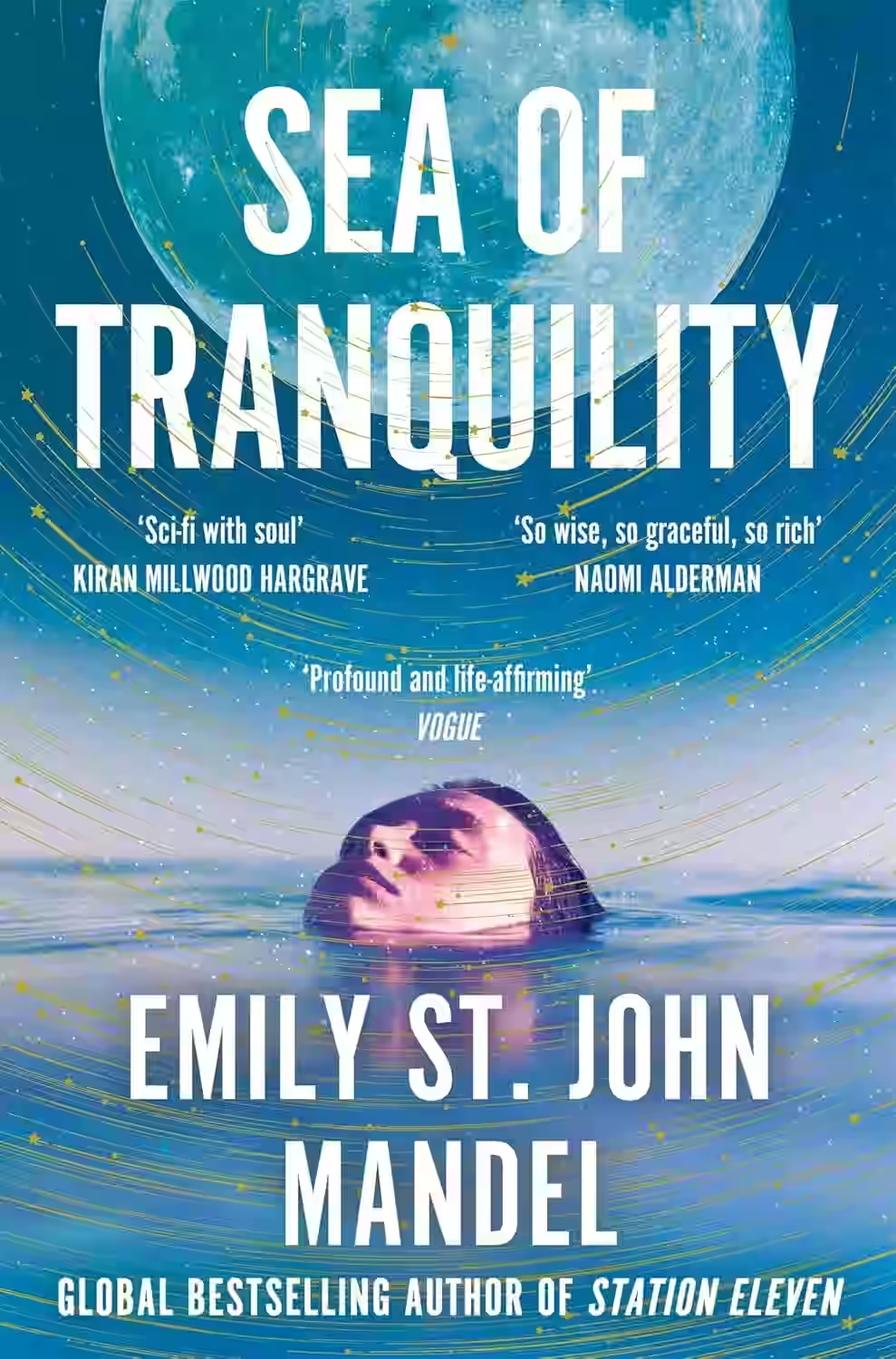
Hiromi Kawakami's "Under the Eye of the Big Bird" is a speculative fiction novel that imagines humanity on the brink of extinction in a distant future. Shortlisted for the International Booker Prize 2025, it unfolds over geological eons through a series of interconnected vignettes. In this future, humans live in small, isolated tribes, often overseen by AI entities known as "Mothers." Kawakami explores diverse forms of humanity and reproduction, with some children created in factories from animal cells, and others sustaining themselves like plants. The novel delves into profound questions about what it means to be human, examining themes of evolution, survival, love, connection, and the intricate relationship between humanity and technology. It's a meditative and unsettling vision of a faltering world, yet it also touches upon the resilience and enduring, if flawed, nature of human beings.
About Hiromi Kawakami
Hiromi Kawakami is a celebrated Japanese author known for her unique and introspective storytelling. Born in Tokyo, Japan, in 1958, she worked as a teacher before gaining recognition as a writer. Kawakami's works often explore the subtle nuances of human relationships and everyday experiences, capturing the quiet beauty in ordinary life. Her novel 'Strange Weather in Tokyo' (published as 'The Briefcase' in the US) received critical acclaim for its evocative prose and deep emotional resonance. Kawakami's writing style is characterized by its simplicity and depth, weaving together themes of love, loneliness, and the passage of time. She has garnered a dedicated international following and continues to influence contemporary literature with her insightful narratives.
Similar Books

Hyperion
by Dan Simmons
Series: Hyperion Cantos (#1)
Dan Simmons' 'Hyperion' is a gripping science fiction masterpiece that weaves together elements of space opera, time travel, and philosophical inquiry. Set in a distant future where humanity has spread across the galaxy, the novel follows seven pilgrims on a harrowing journey to the enigmatic world of Hyperion, each with a tale to tell that adds layers to the rich tapestry of the narrative. As they navigate the perils of the Shrike, a terrifying entity lurking on Hyperion, they confront questions of identity, destiny, and the nature of consciousness. With its intricate world-building, complex characters, and thought-provoking exploration of existential themes, 'Hyperion' is a must-read for fans of cerebral science fiction.

We
Yevgeny Zamyatin's "We" is a seminal piece of dystopian literature that prefigures many themes explored by later classic works like Orwell's "1984" and Huxley's "Brave New World." Set in the highly regimented One State, a society where individuals are mere cogs in a larger machine and personal freedom is subjugated to an absolute and oppressive ideology, the novel explores the nature of individuality and freedom through the protagonist, D-503, a mathematician who begins to question the infallibility of the state after falling in love with a mysterious woman. Zamyatin's work is notable not just for its powerful narrative and rich characterizations, but also for its incisive critique of authoritarianism and its enduring philosophical questions about the human condition, making it a profound and timeless read.

Sea of Tranquility
This evocative passage introduces a multi-layered narrative spanning centuries and locations, from the 19th-century Canadian wilderness to a future moon colony and a "Night City." Edwin St. Andrew's mysterious experience with the violin in the airship terminal sets a strange, unsettling tone. Two centuries later, author Olive Llewellyn unknowingly echoes this event in her pandemic novel, hinting at a deeper connection. Detective Gaspery-Jacques Roberts' investigation into a wilderness anomaly promises to unravel the threads linking these disparate lives and the unsettling possibility of timeline disruption. The blend of historical exile, futuristic settings, and a central, unexplained event creates an intriguing premise.

A Short Stay in Hell
In 'A Short Stay in Hell' by Steven L. Peck, the protagonist Soren Johansson finds himself in a vast library after his death, where he discovers that his version of the afterlife involves an eternity of reading every book ever written in a search for the one that contains the story of his own life. As Soren grapples with the incomprehensible scale of the library and the philosophical implications of his new reality, the book delves into profound themes of existence, free will, and the nature of consciousness. Peck's exploration of the limits of human knowledge and the vastness of the universe will challenge readers' perspectives on life and death.